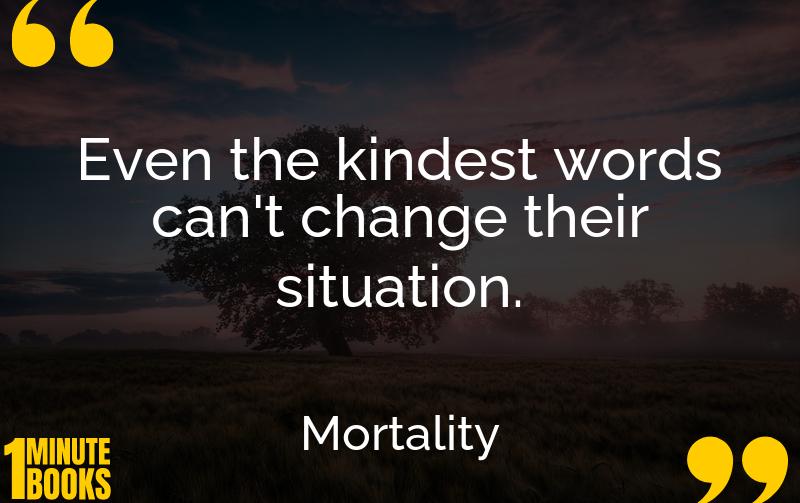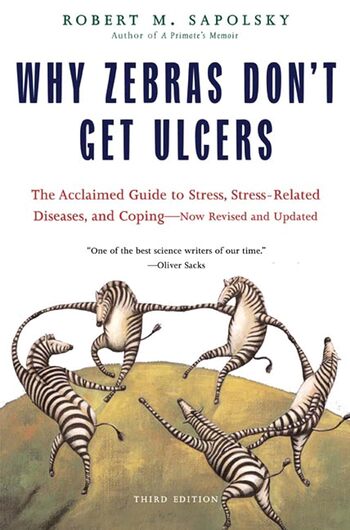
Christopher Hitchens reflects on mortality after being diagnosed with terminal cancer, emphasizing the challenges of accepting death and the significance of communication and strong beliefs.
Main Lessons
- Terminal illness drastically changes one’s perspective on life and mortality.
- People often feel uncomfortable discussing death and illness with terminal patients.
- Humor and honesty can ease the tension around terminal illness discussions.
- Cancer treatments can feel more like a fight against time than a journey to recovery.
- Strong personal convictions provide a pillar of strength, even in the face of death.
- Embracing atheism, Hitchens advocates staying true to one’s beliefs until the end.
- Struggles with communication during illness underscore its importance in human life.
- The potential of genome analysis in treating cancer is hindered by religious restrictions.
- Health and mental well-being are closely intertwined, especially under terminal conditions.
- Addressing societal discomfort can lead to better support for terminal patients.
- There’s a need for advancements in cancer treatment beyond traditional chemotherapy.
- Religious beliefs can pose barriers to scientific progress and potential breakthroughs.
- Hitchens’ experience highlights the importance of facing mortality honestly and bravely.








